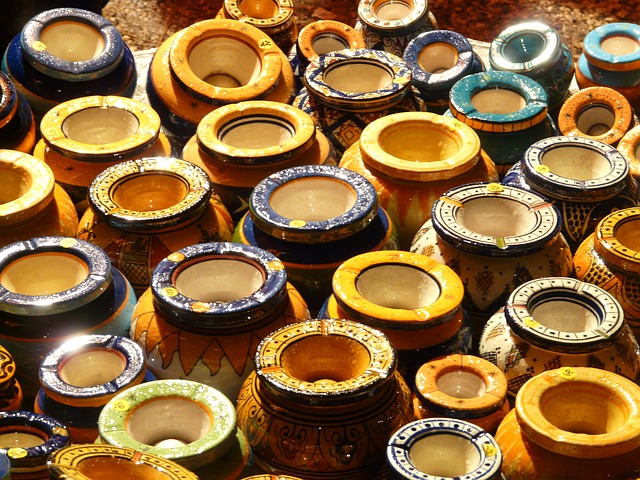 I teach an eight-evening course on liturgy in my diocese every year. The students are parish volunteers who serve on liturgy planning committees or in music ministry or in some other pastoral role.
I teach an eight-evening course on liturgy in my diocese every year. The students are parish volunteers who serve on liturgy planning committees or in music ministry or in some other pastoral role.
They show up on the first night with their empty vessels, expecting me to fill them to the brim with liturgical knowledge.
Are we just filling vessels?
I see the same dynamic happening in initiation processes. The catechumens and candidates show up every Wednesday evening (or whenever your sessions are), expecting you to fill up their empty vessels with Catholic knowledge.
And most of us oblige as best we can. And when we cannot, we bring in an expert (someone who teaches a liturgy course, for example) to fill up that part of the vessel.
Why we keep doing the same thing
Of course we know this usually doesn’t work. Mostly, our seekers are bored or compliant but seldom converted. But we continue to use the empty-vessel model, and we teach others to use it as well. I’ve been trying to understand why we continue to use a broken model, and the best I can come up with is this: we are afraid to change, and it is hard to imagine something we haven’t tried.
Getting past our fear is an individual project. I can encourage you and pray for you, but when it comes time to take that final step off the high dive, you have to make the decision.
Imagine a new future
I think, however, I can help with the imagination part. I’d like you to imagine gathering all your seekers’ empty vessels and locking them in the back room. From that moment on, refuse to be a vessel filler.
Next, imagine a new, infinitely large, always overflowing vessel. That vessel is the liturgy. We do not take our small vessels to the liturgy to get them filled. We dive into to the liturgy, immersing ourselves in the mystical vessel of praise and worship. We die to ourselves in that vessel and rise up out of it as new creations.
The liturgy is not a subject that can be taught the way we teach math or grammar. It is an encounter with the living Christ. When Mary encountered Jesus at the tomb, her life was changed forever. When Saul encountered Jesus on the road to Damascus, he was never the same. When our seekers encounter Jesus on Sunday, they become new creations.
We misinform the seekers if we tell them that liturgy is a subject that will be taught on a Wednesday evening in October.
We form the seekers when, after their mystical encounter in the liturgy, we ask, “How will you live differently now that you have met Jesus?”
Formation for life
As believers, we have one source for knowing how to live. That is the liturgy. Through the words, music, movement, and symbols of the liturgy, we are immersed into Christ. The entire liturgy is designed to do this. In that mystical experience of the Risen One, we are forever changed. And as new persons, as “other Christs” (CCC 2782), we go out into the world to live as Christ (Phil 1:21).
It is not necessarily obvious that the liturgy is a mystical experience of the Risen One. Some of us might remember a time when, for us, Mass seemed to be more obligation than celebration. But one day, we were at the tomb. We were on the Damascus Road. The scales were lifted from our eyes, and we began to glimpse the mystery.
This has to be the heart of our formation efforts for the catechumens and candidates. If, with our guidance, example, accompaniment, and encouragement, we can help the seekers awaken to the mystery of Christ’s real presence in the liturgy, we will have done our work. And if we fail to do that essential work, any vessel filling we try to do will be futile.
Please share your thoughts
How do you help your seekers to recognize Christ in the liturgy? How do you encourage them to live from and through Christ because of the liturgy?
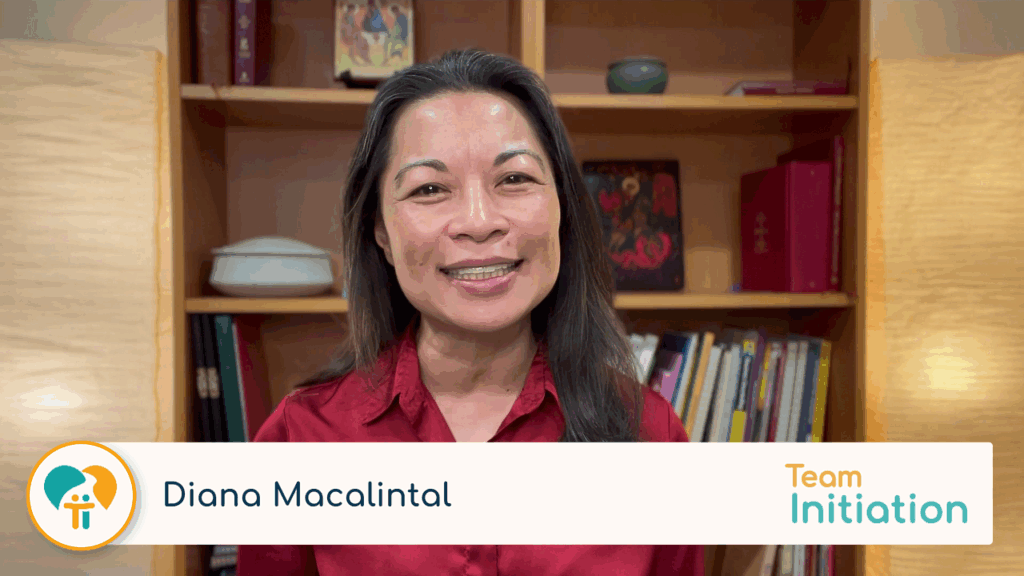
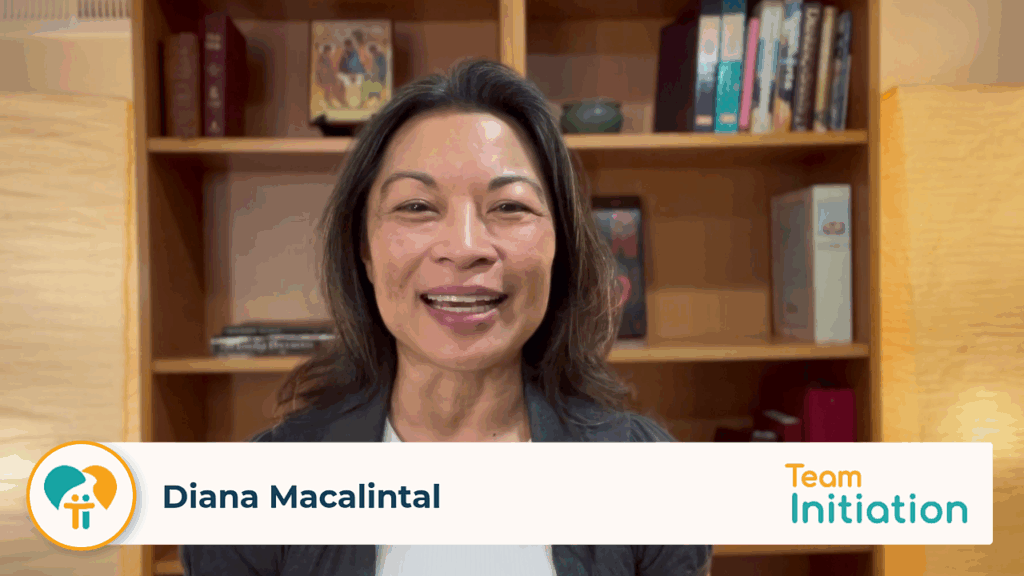
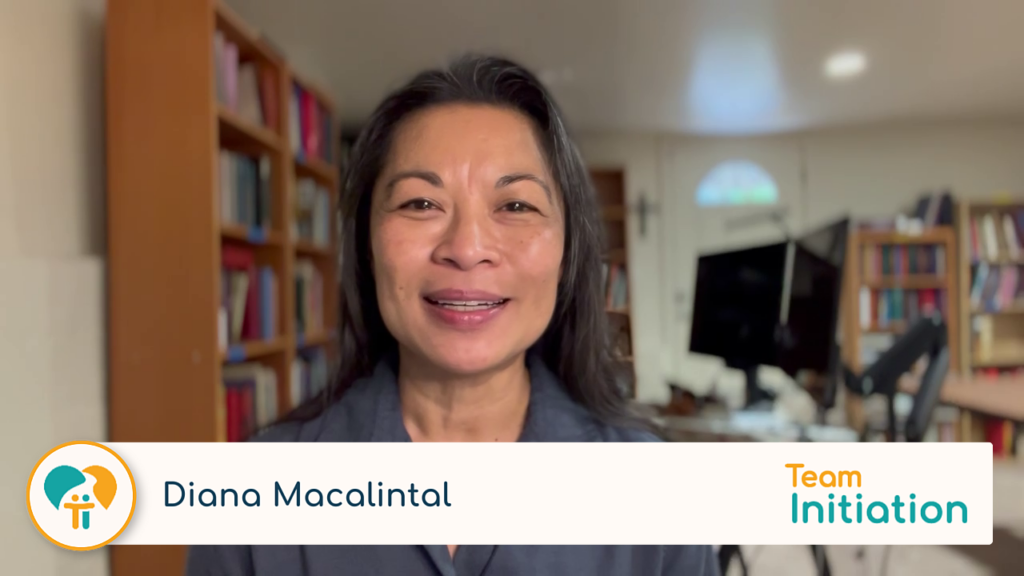
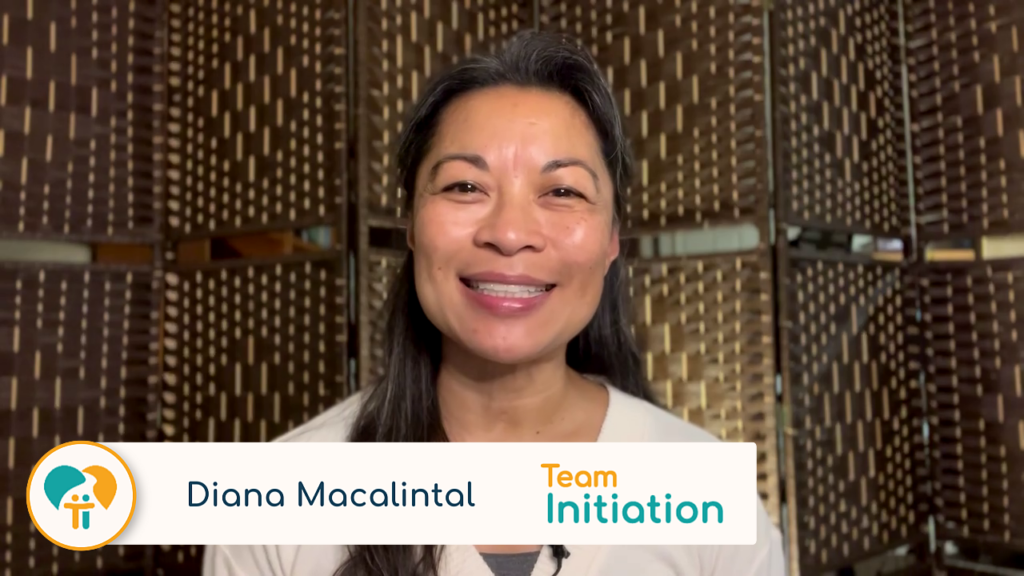
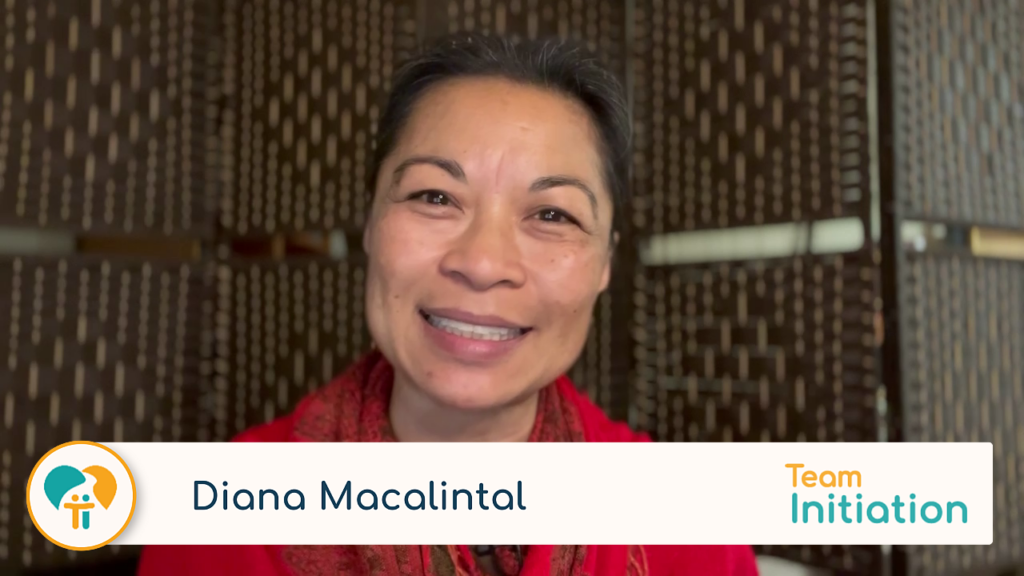

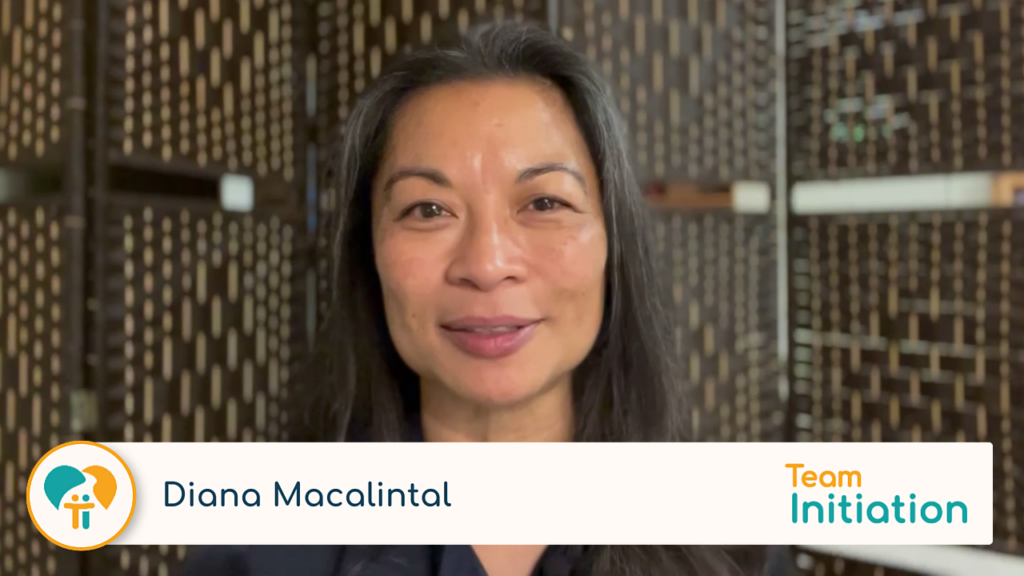










Thank, y’all. We needed that.
I learned about RCIA in diaconate training. After I was ordained my pastor asked me to take over RCIA since the previous team dissolved two years before and we had candidates. The first year was all filling vessels. The second year was more intentional but still filling vessels. I attended a Team RCIA weekend in Columbus Ohio last summer. I agree, I was afraid to take risks and very insecure about changing what was already set up in our program before I took it over, until I went to this workshop. I was inspired!
Here is what it has given me the courage to do: (still a work in progress)
I have changed from an academic year format to an all year program. This has allowed me time to not have a session every week. One week off a month is good for all of us. It also allows new inquirers to join in at any time of the year.
I formed a great team of people who love to tell stories. Lots of stories.
I no longer have an itinerary of subjects scheduled throughout the whole year, but I do work off a curriculum of themes I pull from.
We incorporate the liturgy and readings for that Sunday in each session and align the the theme of catechesis with the theme or readings of that Mass.
I incorporate the Emmeus model.
I am not as worried about covering every detail of catechesis but focus on conversion.
I use the Ritual texts and prayers to guide how I present the rites beforehand.
This allows the words of the rite to facilitate conversion in a beautiful way. It s the rite, it’s not me. Why reinvent the wheel.
The whole team is involved in each rite, signing and surrounding them in front of the congregation.
There are so many other ways this program needs to grow.
I need to incorporate all the minor rites to enhance the experience.
I need to have more team planning meetings.
I need to have the courage to start dismissing the catechumens after the Word.
There is probably more, I know there is. One step at a time.
Even though I was taught all this in diaconate training, it did not become real until this workshop when I heard them tell their stories and I thought I can do this. I have seen great fruit so far. It works the way they told me in the workshop. I give Him all the control.
Thank you. Blessings and peace!
Deacon Chris Germak
Thank you! We are looking at making some changes for next year (yes, we are still doing the school-year model) and this has given me inspiration and ideas.
We were told we don’t introduce our group to Jesus (which I thought we did!) so trying to figure out how to make Jesus more “real” to our individuals so they develop that relationship with him from the beginning.
Thank you for all of the good work you do – I, for one, appreciate your work. Please keep it up.